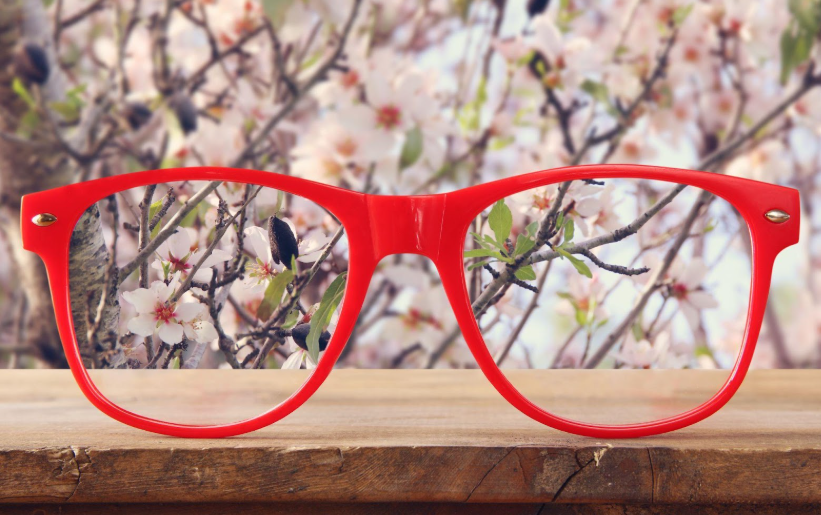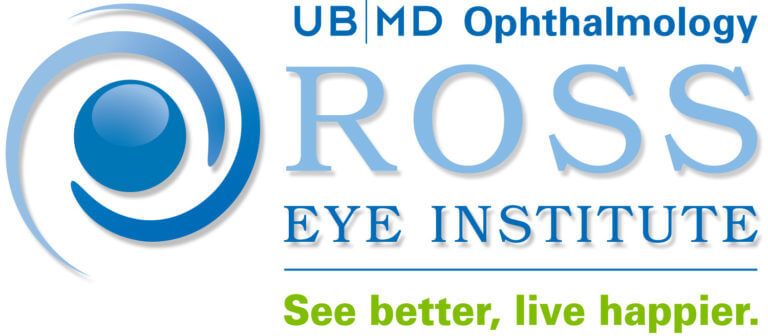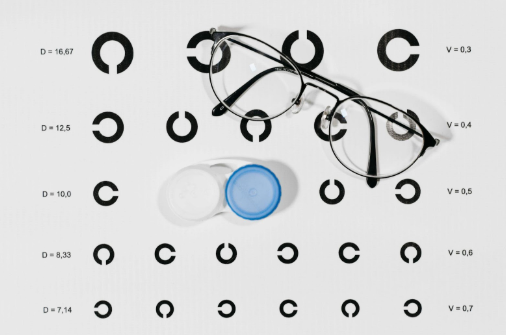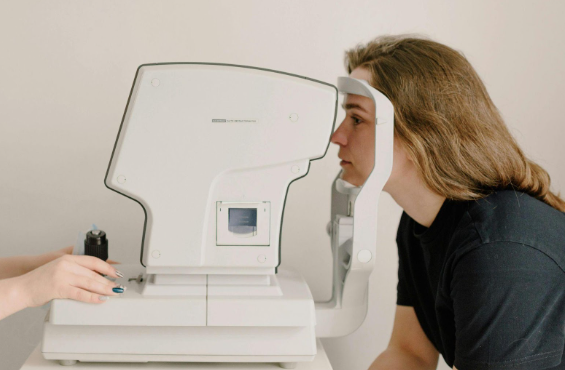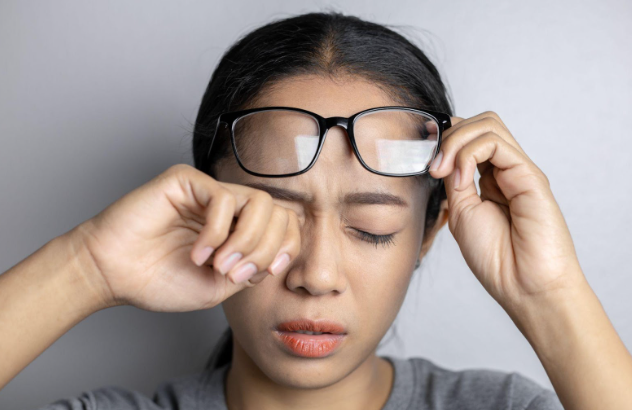Styes, Floaters & Dry Eye: Three Common Eye Issues and Causes
Many different issues can affect vision and the eyes themselves. Sometimes these are caused by environmental factors, such as high pollen counts or bright sunlight. In other cases, the issue is biological, with the body reacting in some way or a failure of the body to perform as expected. And, yet other times, it can be a combination of these factors. It’s what makes seeing an eye professional so important whenever you experience an issue with your eyes.
While the Ross Eye Institute’s eye doctors treat a wide range of eye conditions, there are a few fairly common conditions with regular causes that are generally easy to understand. Let’s take a look at a few of the more routine issues that may occur with your eye and understand some of the underlying causes.
What Are Eye Styes?
Eye styes are an irritation of the eyelid that often looks and acts like acne. This condition occurs in the oil glands along the base of your eyelashes or internally, in a gland inside your eyelid. Most commonly, styes appear when bacteria gets into a gland – frequently by accident from rubbing your nose or coming into contact with another bacterial source before rubbing your eyes.
When a stye appears, you will typically first feel some pain and notice swelling, redness and tenderness along the eyelid. The experience is similar to the start of a pimple appearing elsewhere on your body. However, you should never try to pop a stye. Instead, apply a warm compress multiple times a day to help both relieve the pain of a stye and work to get it to drain on its own.
While styes are typically not harmful or likely to impact your vision, if you have a stye that lasts more than a few days or that feels as though it is not healing, schedule an appointment with the doctors at Ross Eye Institute in Buffalo.
Eye Floaters
Another common complaint of the eye is eye floaters. These amorphous shadowy lines or specks sometimes drift across your field of vision, but aren’t caused by a foreign object on the eye or any actual movement of items in the world around you. They don’t follow the movement of your eye and even continue moving when your eyes are still, which can make them disconcerting and irritating.
Unfortunately, this is a common issue and one that tends to be more prevalent as we age. Typically, this is not symptomatic of any larger issue with the eyes – instead, it’s a result of the substance inside the eye shrinking. The National Eye Institute notes that this semi-liquid, known as vitreous, can become “stringy” as we age, casting these shadows across our fields of vision.
If you are older than 50, have diabetic retinopathy, are nearsighted or have suffered eye trauma, you may be at an increased risk for floaters. The good news is that, while annoying, eye floaters are typically harmless. However, if you experience any sudden increase in their appearance or a surge in new floaters, any flashes of light in the eye along with the presence of floaters, or any loss in your peripheral vision, schedule an appointment at one of the three convenient Ross Eye Institute immediately.
Causes Of Dry Eyes
Dry eye is another common issue that patients may experience, though the causes can be far more varied. For some individuals, a decrease in the natural production of tears can occur due to age, a specific medical condition such as diabetes or rheumatoid arthritis, the use of some medications like antihistamines, antidepressants or blood pressure medication, or even damaged tear glands.
For others, the cause of dry eye may be environmental, with dry air, wind or smoke causing tears to evaporate more rapidly than normal. It can also be caused by blinking less frequently, such as while working or reading, or the out-turning or in-turning of the eyelids can occur as we get older. Finally, dry eye is also more common in women than men, particularly as the result of hormone changes that occur during menopause or pregnancy.
Most often dry eye is merely an irritation that can be simply treated with over-the-counter solutions like artificial tear drops. These help moisturize the eye and reduce the redness and irritation associated with dry eyes. However, in severe cases, other approaches may be required, including surgery in the most extreme instances. If you have dry eyes that persist for an extended period of time, schedule a visit with the eye doctors at the Ross who can help you determine the cause and create a solution to help you see more comfortably.
Don’t Delay – Visit The Team At Ross Eye Institute
When it comes to issues with your eyes and vision, time is of the essence and can mean the difference between successfully healing or causing permanent damage to your eyes. With three locations across Western New York – Buffalo, Amherst and Orchard Park – our team is able to see you fast to address your concerns quickly. If you have questions, pain or other problems, call our team at
716.881.7900 or request an appointment online today.
